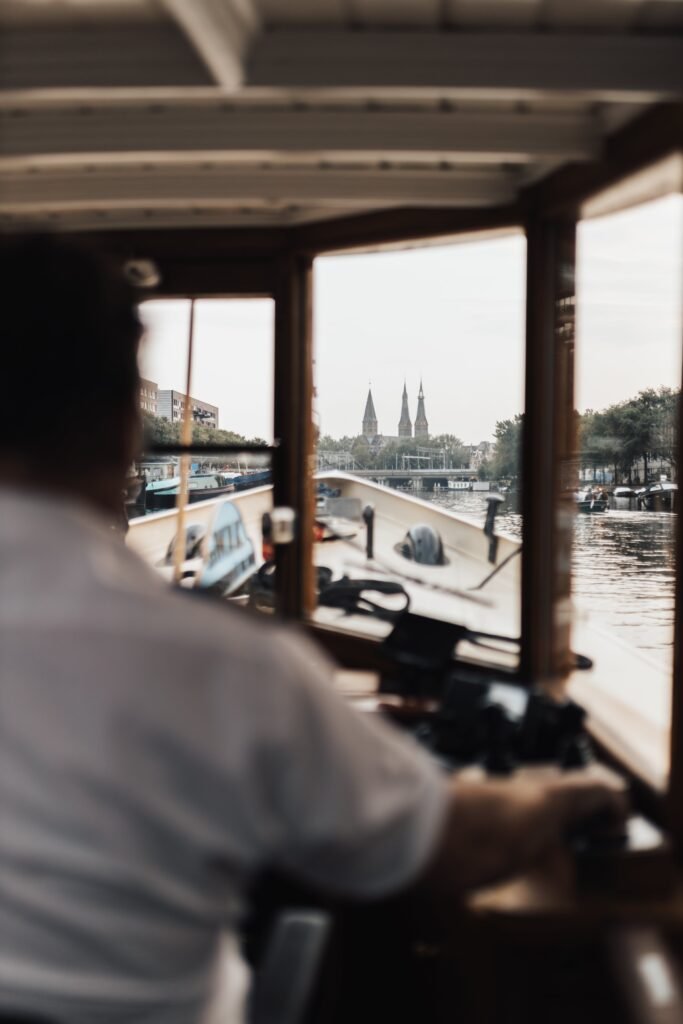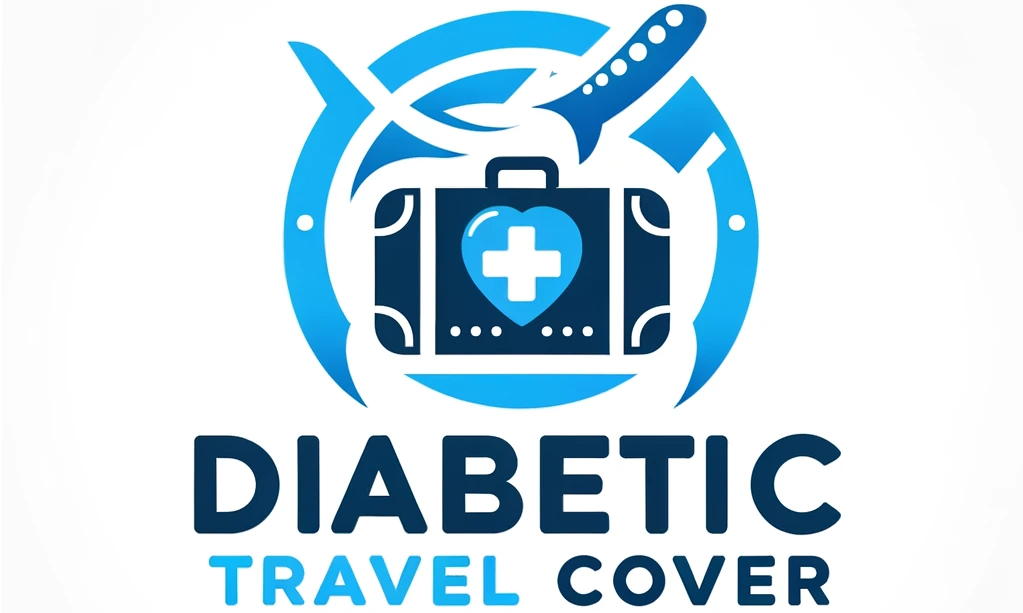Planning a trip can be an exciting and daunting task, especially for individuals with diabetes. From ensuring you have all your necessary medications to managing your blood sugar levels on the go, there are various factors to consider before setting off on your adventure. This article provides a comprehensive checklist for diabetic travelers, equipping you with the essential information and tools to make your journey as smooth and worry-free as possible.

Understanding Your Diabetes and Travel Needs
Before embarking on your journey, it’s crucial to assess your general health. Diabetes is a complex condition, and understanding your specific needs will help you prepare for a safe and enjoyable trip. Start by knowing your diabetic condition – whether you have type 1 or type 2 diabetes, if you require insulin or other medications, and any specific health considerations you need to be aware of.
In addition, educating yourself about potential travel-related health risks is essential. Different climates, food varieties, and activities can impact your blood sugar levels and overall well-being. Familiarize yourself with how travel might affect your diabetes management and take necessary precautions to stay healthy throughout your trip.
Planning Your Journey
When planning your journey, it’s important to choose an adaptive itinerary. Consider your energy levels and how certain activities might affect your diabetes management. Opt for a travel itinerary that allows for flexibility and proper rest.
Considering time zones for your medication schedule is crucial as well. Speak with your healthcare provider about adjusting your medication routine to accommodate any time differences during your travel. This will help ensure that you maintain your medication schedule and keep your blood sugar levels stable.
Researching about health and medical facilities at your destination is also vital. Knowing where you can access healthcare services in case of an emergency or if you require any medical assistance while on your trip will provide you with peace of mind. Familiarize yourself with local pharmacies, hospitals, and clinics that can support your diabetic needs.
Preparing Your Diabetes Management Supplies
Before you embark on your journey, it’s essential to create a checklist of the necessary diabetes supplies you will require. This includes items such as insulin, syringes, blood glucose monitoring devices, test strips, lancets, and any other medications you may need. Double-checking your supply list ensures you don’t forget any essential items.
Additionally, it’s a good idea to pack extra diabetes management resources. Accidents can happen, and having extra supplies will help you handle any unforeseen circumstances. Pack extra insulin, medications, and testing supplies to ensure you have an ample amount to last for the entire duration of your travel.
Arranging for the safe and secure transport of your diabetes supplies is crucial. Make sure to store your medications and supplies in your carry-on luggage to prevent loss or damage. Carry a doctor’s note or prescription with you to avoid any issues with airport security and customs. If you have temperature-sensitive insulin, consider using an insulated bag or container to ensure it stays at the proper temperature during travel.
Travel Insurance
Purchasing comprehensive travel insurance is a smart choice for any traveler, especially for those with pre-existing conditions like diabetes. Ensure that your insurance policy provides coverage specifically for your diabetic needs, including the cost of emergency medical care, hospitalization, and transportation back home if required.
Take the time to carefully read and understand your policy. Know the procedures and requirements for filing claims and the coverage limits for diabetes-related expenses. Some policies may have exclusions or limitations, so it is essential to be aware of the fine print. If necessary, consult with your insurance provider to clarify any uncertainties.

Medication Management
When it comes to medication management, reviewing your medication schedule is crucial. Consider any adjustments needed due to time zone changes and coordinate with your healthcare provider accordingly. Make sure to set reminders or alarms to ensure you take your medications on time, even while traveling.
Maintaining insulin efficacy during travel is vital to your diabetes management. Avoid exposing your insulin to extreme temperatures such as direct sunlight or freezing conditions. Keep your insulin in a cool, dry place, and if needed, use a cold pack or insulated container to maintain its temperature.
During travel, you may experience changes in your blood sugar levels that require medication adjustments. Consult with your healthcare provider before making any changes to your dosage or medication routine. They can provide guidance on how to handle any fluctuations in your blood sugar levels while traveling.
Food and Hydration
Packing travel-friendly, diabetic-friendly snacks is essential to keep your blood sugar stable during your journey. Opt for snacks that are low in sugar and carbohydrates, such as nuts, seeds, and fresh fruits. Make sure to pack enough snacks for the duration of your travel to prevent any blood sugar emergencies.
Maintaining hydration levels is crucial, especially while traveling. Dehydration can adversely affect your blood sugar levels and overall well-being. Carry a refillable water bottle with you and drink plenty of fluids throughout your journey. Avoid sugary drinks and opt for water or unsweetened beverages instead.
Discussing meal planning with your healthcare provider is a recommended step before traveling. They can provide advice on how to make healthy food choices while considering local cuisines and dining options. Being mindful of your carbohydrate intake and balancing it with proteins and healthy fats will help you keep your blood sugar levels in check.

Physical Activity Considerations
Keeping up with regular physical activities is important for your overall health, even while traveling. Plan for safe exercise routines that align with your energy levels and diabetic needs. Engaging in activities such as walking, swimming, or yoga can help you stay active while on the go.
Understanding the impact of physical activity on your blood sugar is key. Exercise can cause fluctuations in your blood sugar levels, so it’s important to monitor them closely. Carry snacks with you in case of low blood sugar episodes and be prepared to adjust your medication or eating schedule accordingly. Consult with your healthcare provider for personalized advice on managing physical activity and blood sugar levels.
Emergency Preparedness
Having a plan for diabetic emergencies is crucial before you embark on your journey. Make sure to communicate your emergency plan with your travel companions, family members, or friends who may be traveling with you. Inform them about the signs and symptoms of low or high blood sugar levels and what actions to take in case of an emergency.
Packing a first aid kit specific to diabetes care is essential. Include items such as glucose gel or tablets to treat low blood sugar, spare testing supplies, and a glucagon emergency kit if necessary. Also, familiarize yourself with local emergency numbers, such as the equivalent of 911 in the country you are visiting, to ensure you can quickly access help if needed.
Communication With Healthcare Team
Informing your healthcare provider about your travel plans is important to ensure they are updated about your condition and can provide necessary guidance. Share your itinerary, the duration of your travel, and any specific concerns or questions you may have.
Coordinating with your healthcare team while abroad is also beneficial. Share contact information and make arrangements for virtual consultations or check-ins while you are away. This way, you can receive support and guidance from your healthcare provider even when you are not physically present.
Organizing a checkup schedule after returning from travel is essential to assess any changes in your health and diabetes management. Schedule a follow-up appointment with your healthcare provider to discuss your experiences, address any concerns that may have arisen during your trip, and make any necessary adjustments to your diabetes management plan.
Dealing With Travel-related Stress
Learning stress management tools is important for every traveler, especially those with diabetes. Stress can have an impact on your blood sugar levels, so it’s crucial to find healthy ways to cope. Practice deep breathing exercises, meditation, or engage in activities that help you relax and unwind.
Managing blood sugar levels during stressful situations requires awareness and self-care. Monitor your blood sugar levels regularly and be prepared to make adjustments to your medication or eating routine if necessary. Prioritize self-care and allow yourself time for rest and relaxation during your journey to minimize stress levels.
Focusing on rest and relaxation is key to ensuring a pleasant travel experience. Give yourself permission to take breaks, rest when needed, and prioritize self-care. Adequate rest will not only help you manage your diabetes better but also make your trip more enjoyable overall.
By following these comprehensive guidelines, you can ensure a safe and stress-free travel experience while effectively managing your diabetes. Remember to prioritize your health needs, stay prepared, and communicate with your healthcare team to make the most of your adventures around the world!

